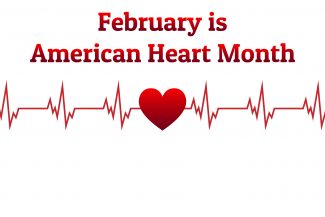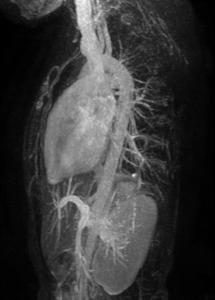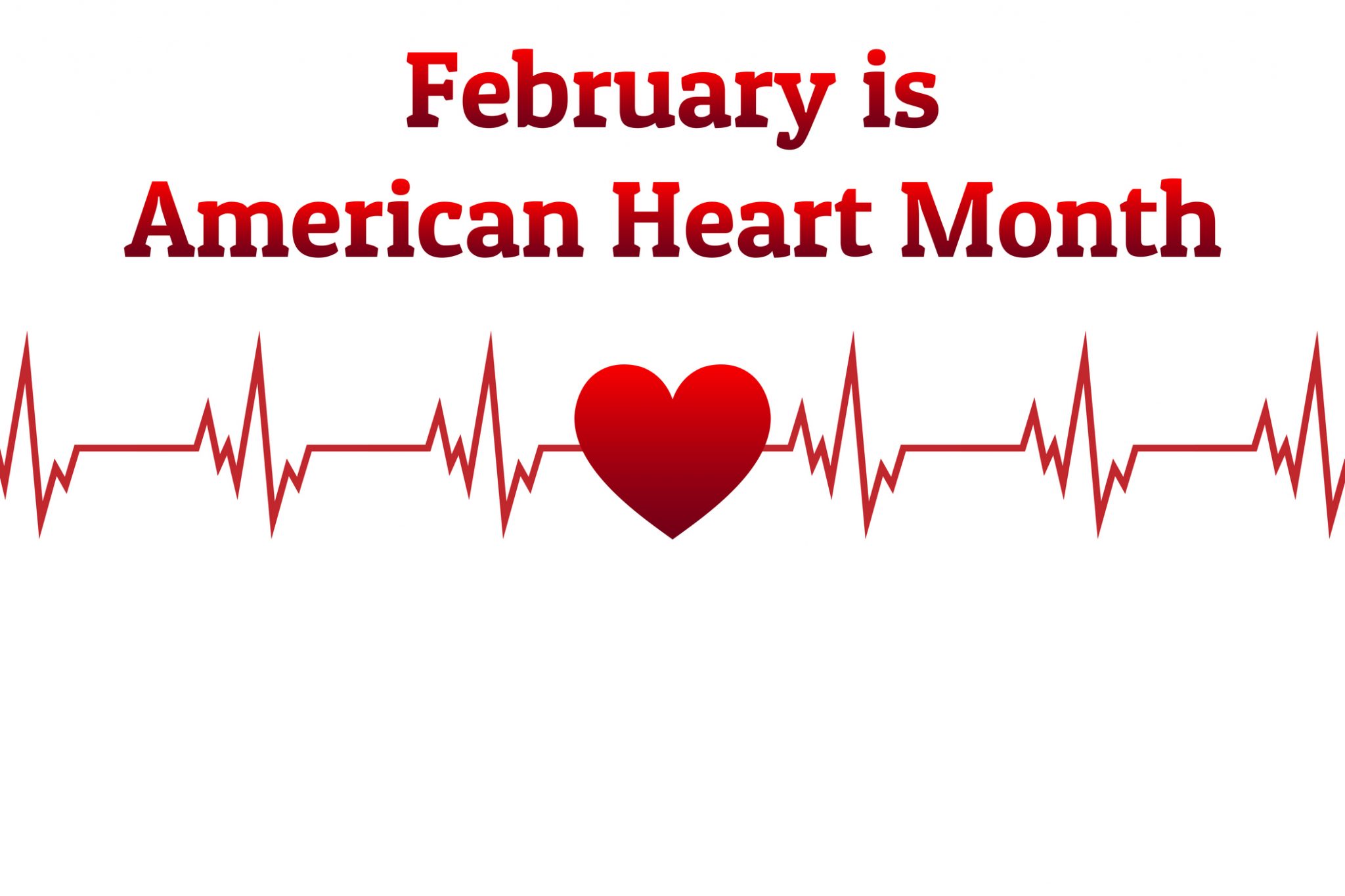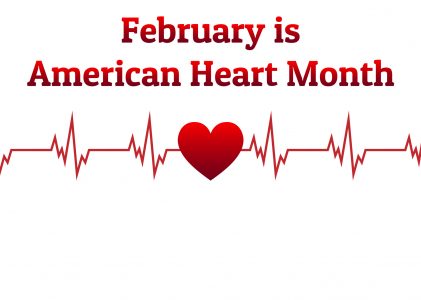
February is American Heart Month, a month dedicated to raising awareness to the importance of heart health and focusing on our own cardiovascular health. We can set an example for our loved ones and everyone around us by taking care of our own hearts. Heart disease is the number one cause of death for men and women, and for most racial and ethnic groups in the U.S., with about 655,000 Americans dying from heart disease every year.
Heart disease can happen at any age and is occurring more often in younger adults, partly due to the fact that we are seeing risk factors that contribute to heart disease occurring more in younger adults. Nearly half of all people in the U.S. have at least one of the top three heart disease risk factors which include high cholesterol, high blood pressure (hypertension), and smoking.
This year, American Heart Month 2021 is focusing on hypertension, with The Surgeon General’s Call to Action to Control Hypertension. It is estimated that nearly half of all adults in the United States have hypertension, and only 1 out of 4 have their high blood pressure under control.
How Individuals Can Control Hypertension
Uncontrolled hypertension is a dangerous and very common condition that puts people at an increased risk for heart disease, heart failure, kidney failure, peripheral artery disease, vision loss, stroke, complications with pregnancy, sexual dysfunction and a cognitive decline. Hypertension is one of the major contributing factors for heart disease and stroke. Heart disease is the leading cause of death in the United States and stroke is the fifth leading cause of death in the U.S.
There are things that you can do to avert hypertension and the negative health effects that it causes. The Centers for Disease Control and Prevention, CDC, offers Hypertension Control Resources for Individuals and Patients, with many resources and a toolkit for individuals to take control of their high blood pressure. In this toolkit, you will find many clinical tools and resources to support patients and their health care team in controlling hypertension. You’ll find information on medications, patient care and monitoring your blood pressure, along with suggested lifestyle changes to control high blood pressure and a healthy eating guide.
Eating a healthy diet, getting more physical activity and maintaining a healthy weight are things you can do to lower your risk of heart disease and stroke. It is absolutely possible and easier than you think to improve your heart health. You can make a big difference with small changes throughout the day such as experimenting with one new heart-healthy recipe each week. Here are some suggestions from the Mayo Clinic to eat healthy for hypertension control, DASH diet: Healthy eating to lower your blood pressure, with the DASH Diet which stands for Dietary Approaches to Stop Hypertension.
Evidence-based strategies and interventions include making hypertension control a national priority, ensuring that communities support hypertension control and optimizing hypertension patient care. Unfortunately in the United States, hypertension is more common than hypertension control. We can all make an effort to change that with a greater understanding of the effects that high blood pressure has on our overall health and heart health.
Learn more tips to keep your heart healthy and things you can do to prevent heart disease, including knowing the symptoms of a heart attack and additional tips to prevent heart disease.
Greater Waterbury Imaging Center offers Cardiac Magnetic Resonance Imaging (MRI) for noninvasive images of the heart which is valuable in diagnosing a broad range of heart conditions, anomalies, and congenital abnormalities. Here is a quick video of a Cardiac MRI which allows for detailed evaluation of heart function.
Greater Waterbury Imaging Center cares about your health and wellness and encourages you to monitor your blood pressure and take steps to control hypertension. Remember to contact us for all your MR imaging needs.


